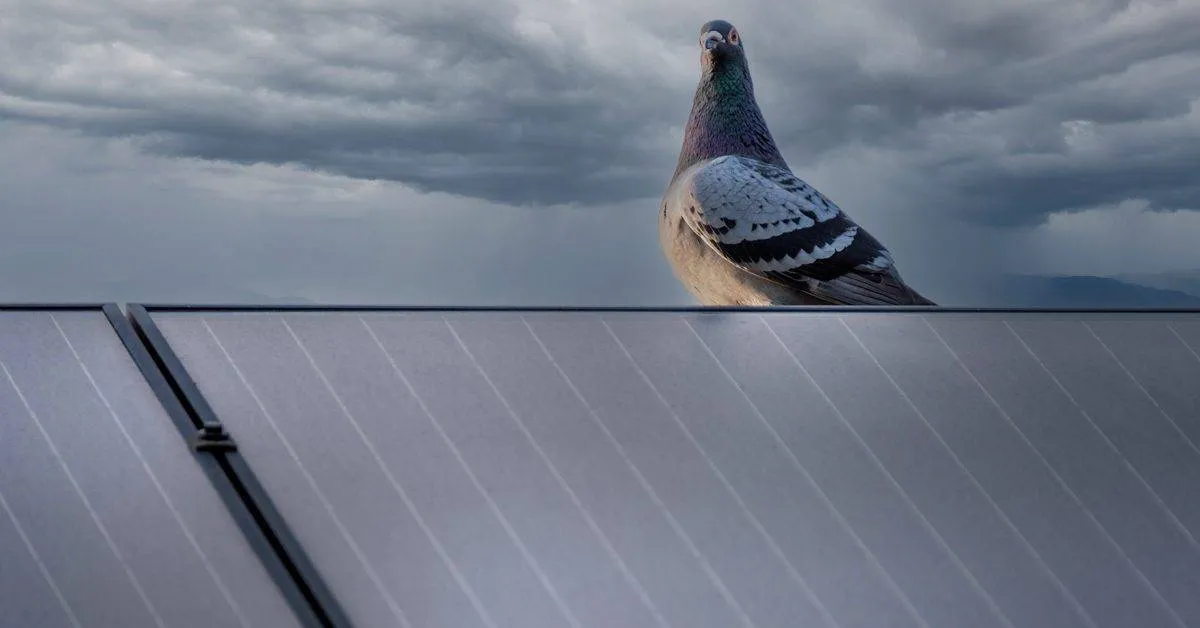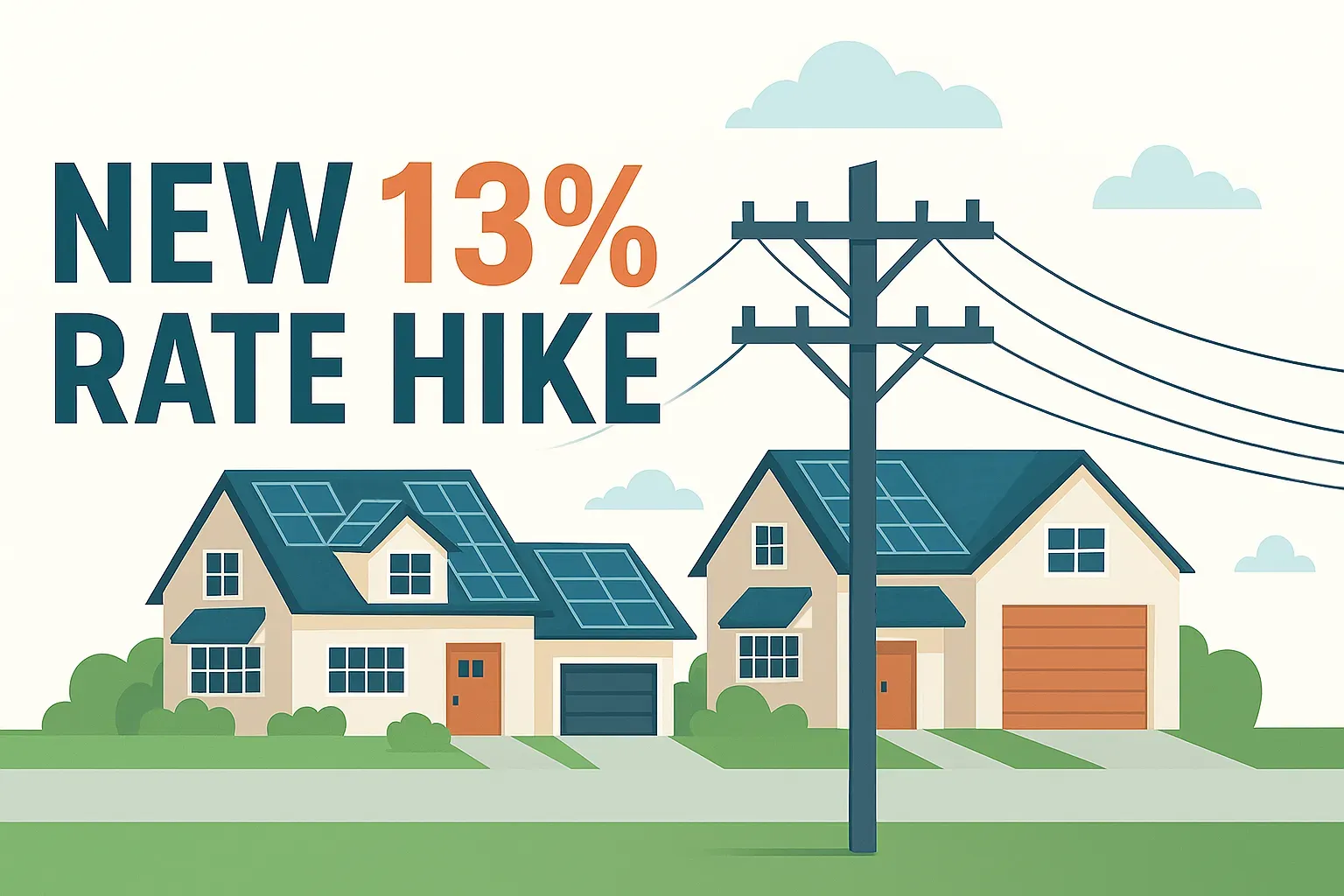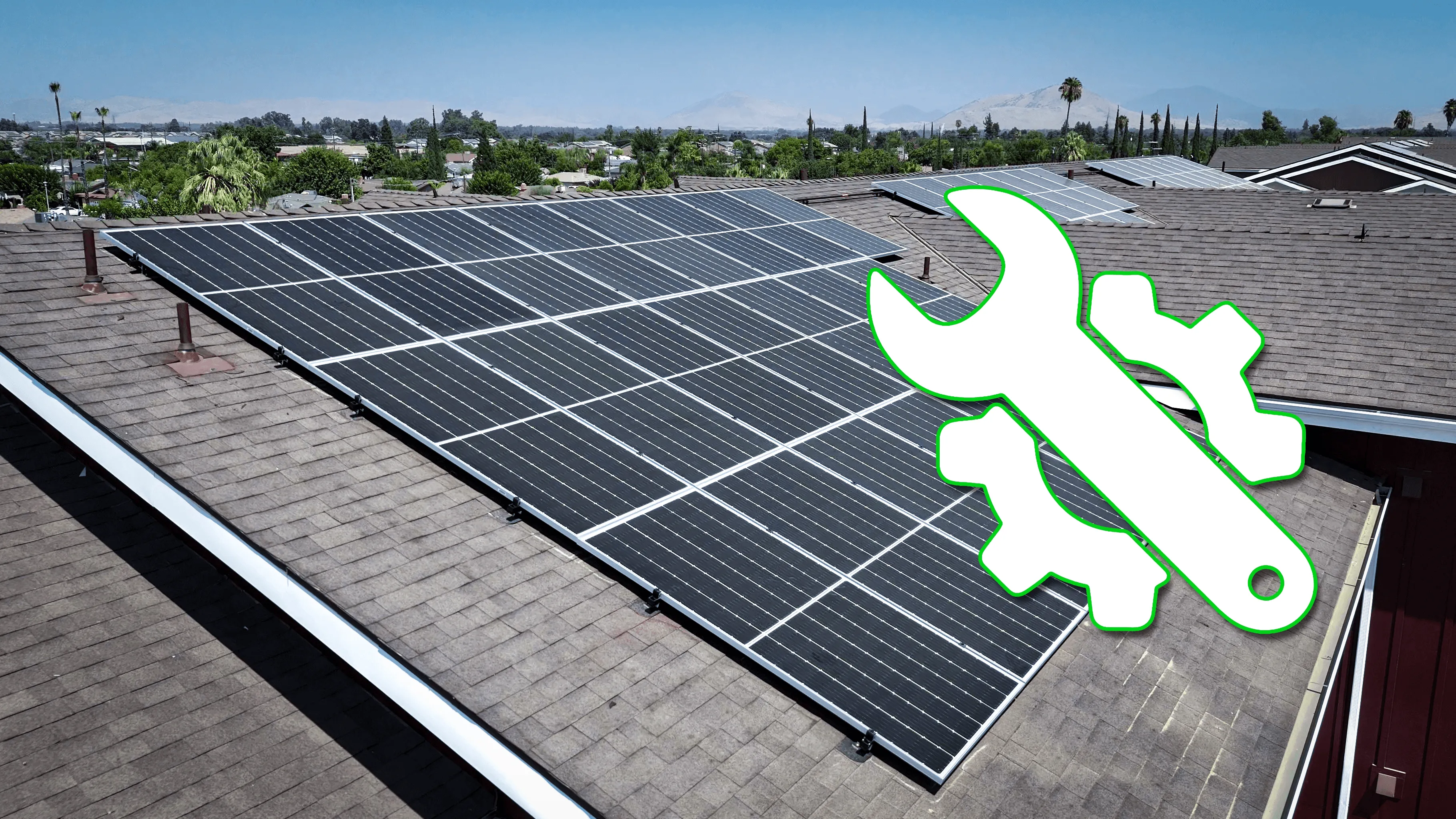Published On:
July 11, 2022
What Is The Solar Critter Guard?
Do you have pigeons or other small animals roosting under your solar panels? It's a pretty common problem because solar panels make a perfect incubator for eggs. Many California homeowners that have gone solar have also experienced these issues. Luckily there is a simple solution. The critter guard is also called solar panel bird mesh. It is the most effective way to keep pigeons or other birds from nesting under your panels. These guards might go by many names, Animal Barrier, Edge Screen, or Bird Guards… but they are all the same.
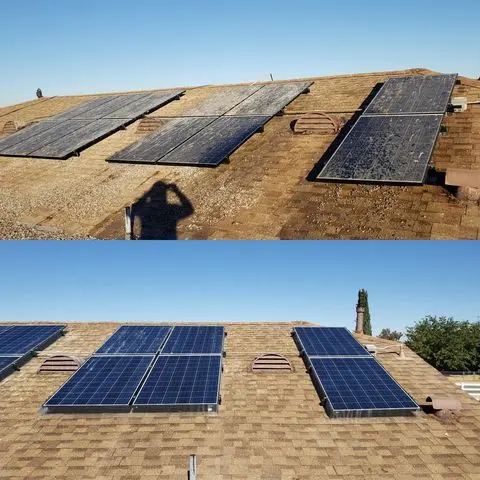
Bird Drops Cleaning Photo by Solar Angels Solar Panel Cleaning & Bird Proofing Service
This simple mesh barrier wraps around your solar panels and is typically made of PVC-coated steel to prevent rust. Without damaging your roof, this simple solar bird-proofing setup can keep birds and other pests from messing under your solar panel system, which could require deep cleaning to maintain energy efficiency.
Why Do birds Like to Stay Under Solar Panels?
These birds may seem harmless, but little critters like these can cause damage to solar panel surface glass that may cost thousands of dollars to fix. Most birds will nest under the solar panel for their safety and hide from predators; however, the bird feathers and heat after nesting for a long time may cause a fire hazard or broken cables under the panels. Smaller animals, like squirrels, can nest under the panels and chew through the wires underneath. Pigeons also like to create nests under or around panels, causing a buildup of dirt and feces that significantly reduces panel efficiency or even shuts down the entire solar energy system. In addition, the animal feces under the panels may cause corrosive damage to the material. Mixing with various weather conditions, the feces will also cause a foul smell that won't be fun to live with.
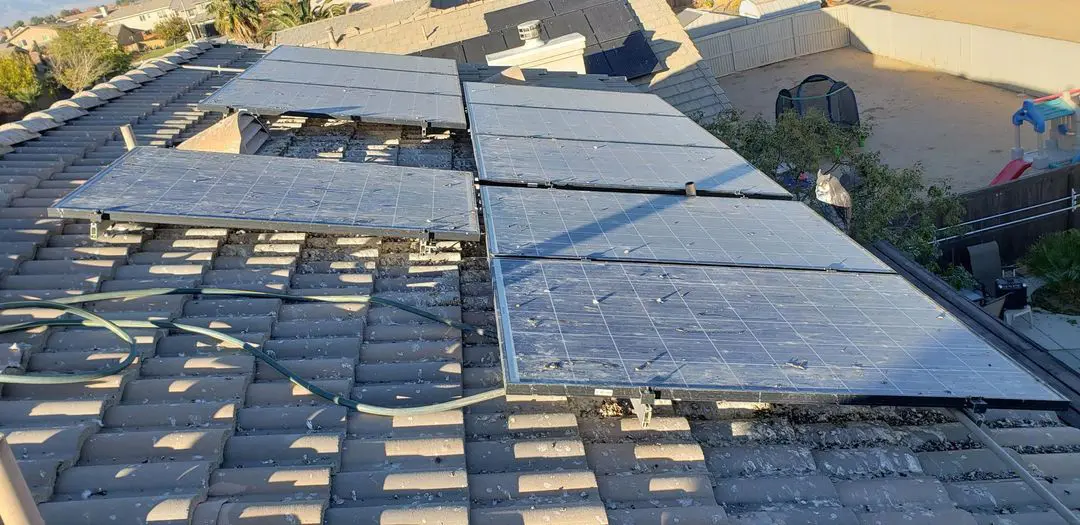
Photo by Solar Angels Solar Panel Cleaning & Bird Proofing Service
There may be a large gap between your solar panels and your roof. Option One Solar installs panels with a much smaller gap than you will typically see. Even with the smallest gap, pigeons' nests and other debris can still make their way to nest under your panels. That is why the solar bird mesh guard and regular cleaning maintenance can be necessary. The solar critter guard installation cost may vary based on your solar power system size, but the complete bird mesh installation typically ranges from $800-$2000.
Can I Install the Solar Bird Guard Myself?
You can find materials for critter guards on Amazon and find DIY install videos on YouTube for help. However, installation can be dangerous if you need to climb up to the roof. And you may damage the solar panel system caused by excessive forces. We recommend using a professional service like Solar Angels or HD Solar Cleaning to take care of these installations and maintenance.
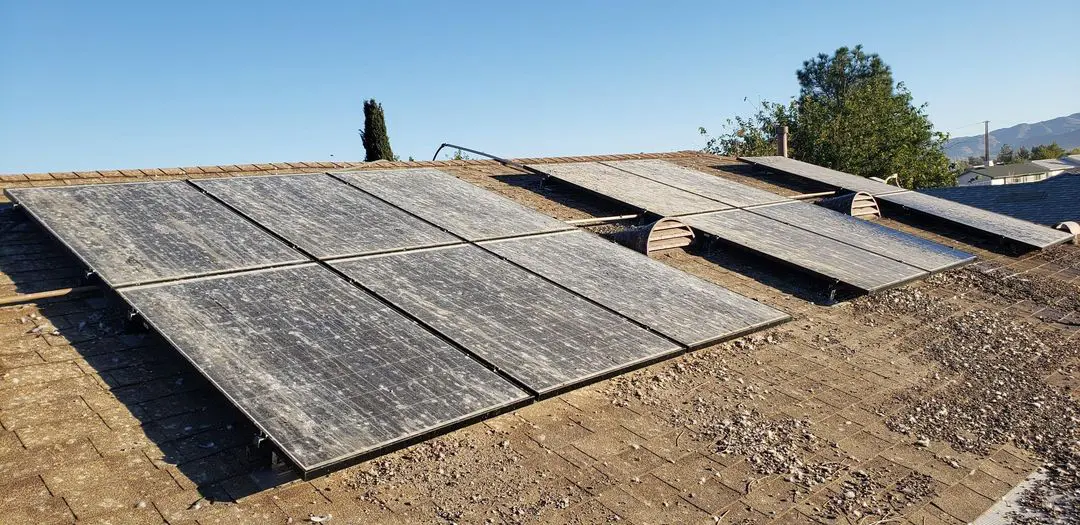
Photo by Solar Angels Solar Panel Cleaning & Bird Proofing Service
Are Solar Critter Guards Worth It?
These guards are a great preventative measure to stop these animals from causing unseen damage to your solar panel system. With the solar bird mesh guards in place, the birds will be less inclined to nest on your roof, making it impossible to get underneath.
